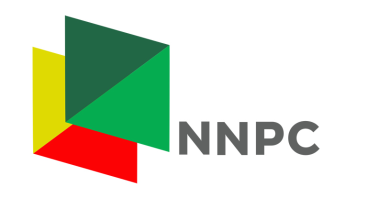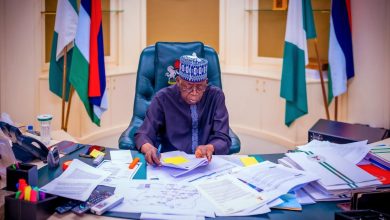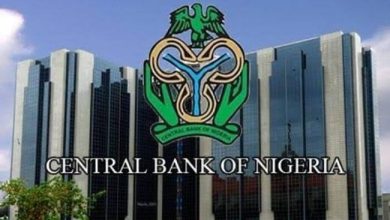Nigeria Makes ₦6.9 Trillion, Edun Wants to Boost the Country’s GDP by 7%
Nigeria’s revenue hits ₦6.9 trillion in early 2025, marking a strong economic rebound.
Finance Minister credits tech reforms and transparency for driving growth and restoring investor confidence.
Nigeria recorded a major financial milestone in the first quarter of 2025, generating a total revenue of ₦6.9 trillion, a sharp rise from ₦5.2 trillion collected in the same period last year. This 32.7% increase, according to Minister of Finance and Coordinating Minister of the Economy Wale Edun, is proof that the government’s push for transparency and economic reforms is paying off.
Speaking in Abuja at a Citizens and Stakeholders’ Engagement session focused on President Bola Tinubu’s Q2 priorities, Edun described the growth as a sign that Nigeria is moving in the right direction. He attributed the improvement to stricter financial discipline, better use of technology, and openness in government financial dealings.
“We realized ₦6.9 trillion in the first quarter alone. That’s a big jump from ₦5.2 trillion last year,” Edun said. “And this was made possible by cutting off leakages and ensuring every kobo that’s supposed to reach government coffers is accounted for.”
A key part of the strategy has been reducing Nigeria’s debt burden. Edun proudly noted that the debt service-to-revenue ratio has dropped from a dangerous 150% to around 60% by the end of 2024. Also, the country is no longer depending on “ways and means” (borrowing directly from the central bank), a trend that has helped restore fiscal discipline.
To maintain transparency, Edun said the government is aligning public financial data across multiple agencies, such as the Accountant-General’s office and the Budget Office, so that the figures remain consistent even if they are presented differently.
Beyond plugging leakages, Edun said Nigeria is now regaining investor confidence, thanks to ongoing reforms. He cited Shell’s recent $5.5 billion pledge to invest in Nigeria’s oil sector as evidence that the country’s economic environment is improving.
“The third phase of our economic plan will focus on attracting more investments in agriculture, manufacturing, and services,” he noted. “These sectors are key to creating jobs, boosting productivity, and fighting poverty.”
While the economy is growing, Edun admitted that current GDP numbers still fall short of what the government is aiming for. Nigeria’s Real GDP is on a positive path, hovering between 3.4% and 3.8%, but the goal is much more ambitious.
“We’re not settling for that. President Tinubu’s target is a 7% growth rate,” he said. “That’s what it’ll take to outpace our population growth and truly lift millions out of poverty.”
To get there, Edun said the Finance Ministry is pushing its directors to deliver on reforms that will transform the economy. By leveraging digital tools, improving fiscal transparency, and encouraging private sector investment, the government hopes to unlock long-term growth.
He ended on an optimistic note, reaffirming that inflation will be tackled and macroeconomic stability maintained. With tighter control over spending, renewed investor interest, and strategic planning, Edun believes Nigeria is firmly on track toward economic recovery and lasting prosperity.



